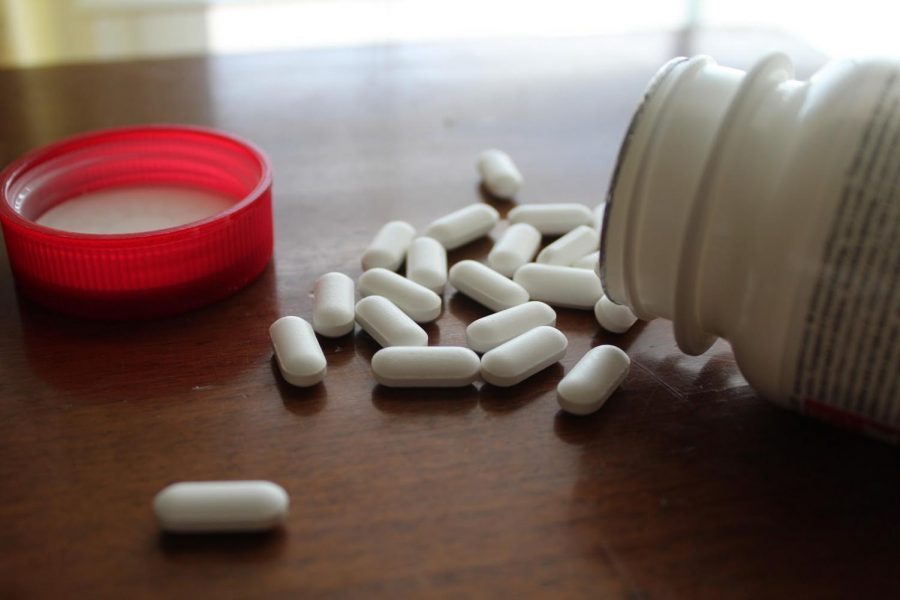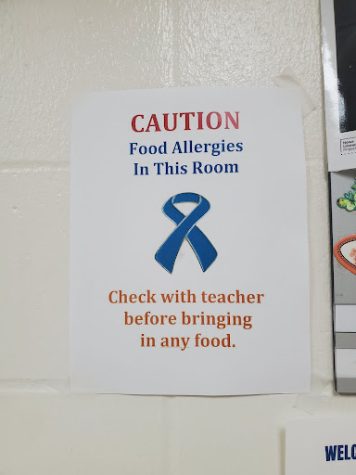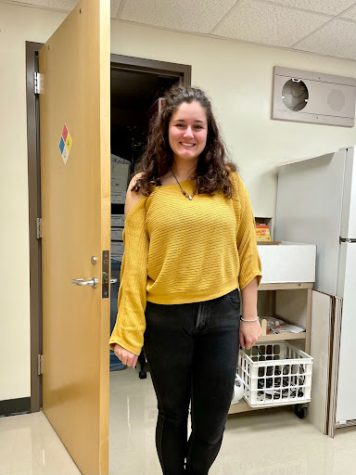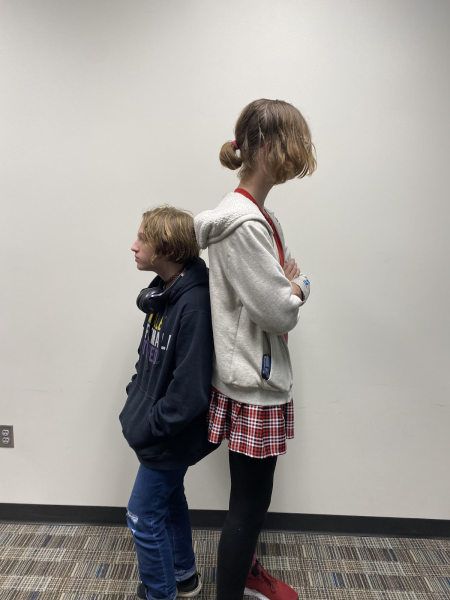How False Information Led to the Opioid Crisis
Pain relievers. From headaches to bruises, we’ve all likely used a type at one point in our lives. What some don’t know is that specific drugs made from opium poppy plants that are used as pain relievers have caused a crisis in our world today. The World Health Organization has stated that in 2017 alone around 115,000 people died from an opioid overdose. CDC (Center for Disease Control and Prevention) also found that in 2018, two out of three people who overdosed that year were taking opioids. While medicine today is a blessing to have, we need to consider the side effects of having this much access to drugs.
If you have been keeping up with the opioid crisis, then you know that naloxone is being used as a kind of reversal for an opioid overdose. While I believe this is a good tool to use to help with these kinds of overdoses, preventing them from happening in the first place needs to be a top priority.
Misuse of opioid type drugs were introduced as soon as pharmaceutical companies started advertising them. As reported by the NIH (National Institute on Drug Abuse), these companies gave misinformation to health professionals by stating addiction to opioids couldn’t happen. This then led to medical workers prescribing opioids at a faster rate and just like what you would expect, misuse and overdoses on opioids became a great issue.
False information and lack of knowledge led to the opioid epidemic. Luckily, now we know the harm these drugs can do. Knowing what type of drug you are being prescribed and understanding the possible side effects is extremely important. Working with your doctor and expressing any concerns, changes, and questions you may have can help prevent misuse or possible overdose on drug types. Sadly, because of how opioids were first introduced, it led to many deaths and health issues. Some even continued to pursue the type of drug and it led them to heroin.
Ever since the opioid crisis was brought to attention, the HHS and NIH has been focusing on making treatment and service access better, advertising drugs such as Naloxone for reversing drug overdose, better understanding the crisis, doing more thorough research on addiction and pain, and creating better ways for pain treatment.
I believe everyone should be knowledgeable and cautious about drugs and prescriptions. Adding programs, courses, or units in school to better educate teens about the consequences of abusing opioids should be a priority when solving the opioid crisis. Not only could you end up harming yourself, but others around you can be afflicted. The technology and medicine we have today is a gift, but there are always dangers to be weary of when exploring new creations and ideas that have limited research done on it.
Work Cited:
- National Institute on Drug Abuse. “Opioid Overdose Crisis | National Institute on Drug Abuse.” National Institute on Drug Abuse, 27 May 2020, www.drugabuse.gov/drug-topics/opioids/opioid-overdose-crisis. Accessed 21 Feb. 2021.
- National Institute on Drug Abuse. “Dramatic Increases in Maternal Opioid Use and Neonatal Abstinence Syndrome | National Institute on Drug Abuse.” National Institute on Drug Abuse, 22 Jan. 2019, www.drugabuse.gov/drug-topics/trends-statistics/infographics/dramatic-increases-in-maternal-opioid-use-neonatal-abstinence-syndrome. Accessed 21 Feb. 2021.
- World Health Organization: WHO. “Opioid Overdose.” Who.int, World Health Organization: WHO, 28 Aug. 2020, www.who.int/news-room/fact-sheets/detail/opioid-overdose. Accessed 21 Feb. 2021.
- National Institute on Drug Abuse. “The Importance of Prevention in Addressing the Opioid Crisis | National Institute on Drug Abuse.” National Institute on Drug Abuse, 27 June 2019, www.drugabuse.gov/about-nida/noras-blog/2019/06/importance-prevention-in-addressing-opioid-crisis. Accessed 21 Feb. 2021.
- CDC. “America’s Drug Overdose Epidemic: Putting Data to Action.” Centers for Disease Control and Prevention, 16 Dec. 2020, www.cdc.gov/injury/features/prescription-drug-overdose/index.html. Accessed 21 Feb. 2021.
- Prevent Opioid Misuse. 2021, www.cdc.gov/drugoverdose/patients/prevent-misuse.html. Accessed 21 Feb. 2021.














